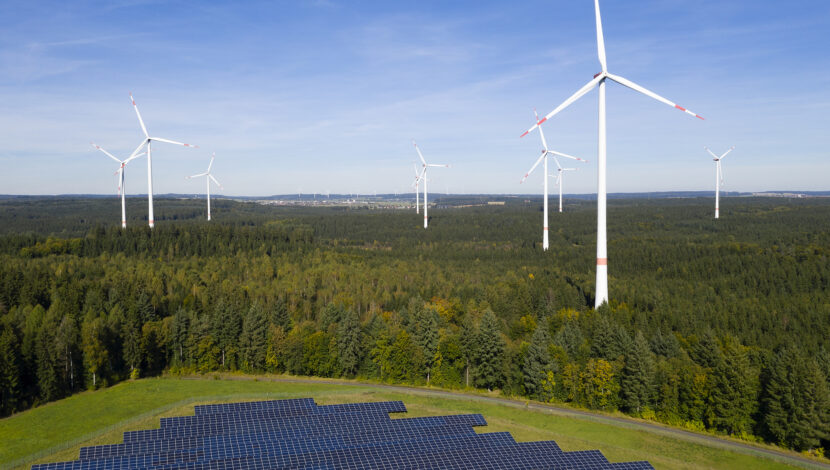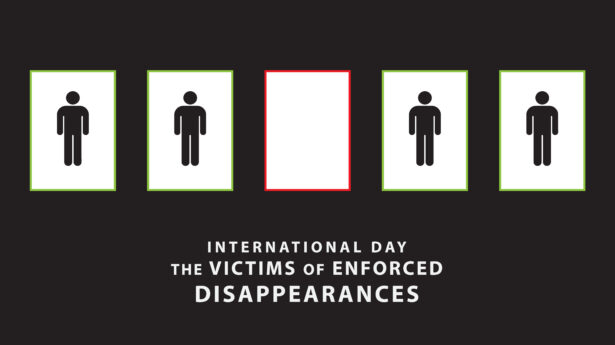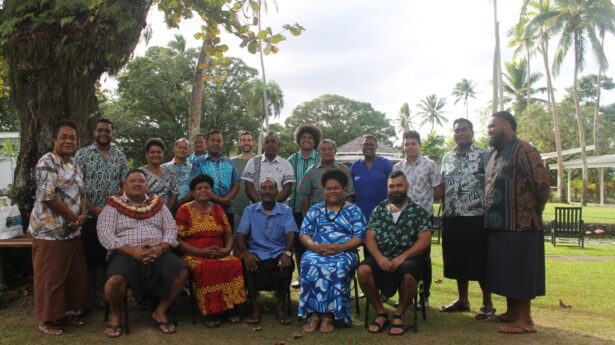The Unitarian Universalist Service Committee advances human rights through grassroots collaborations.
How to Make Clean Air a Reality

By UUSC Staff on September 7, 2022
On September 7, the global community observes the International Day of Clean Air for blue skies—the name and date of which (including its unconventional capitalization) were first adopted by the United Nations General Assembly roughly three years ago. The purpose of the day is to call attention to the global challenge of air pollution, which causes up to 6.5 million premature deaths each year by exacerbating respiratory diseases (including COVID-19) and causing other noxious health effects. Yet one of the deadliest air pollutants today—and one likely to be responsible for millions more deaths in the decades ahead—is typically harmless to breathe: carbon dioxide. Achieving clean skies in the coming century must include mitigating carbon emissions, among efforts to address other airborne pollutants.
Air pollution is a universal human problem, but it disproportionately affects the poor, communities of color, and people living in the Global South. People with wealth and privilege are often in a position to benefit financially from polluting industries while displacing the harmful effects of these industries onto communities who have historically been the most oppressed and disenfranchised. As a result, the most pollution-intensive forms of mass production today are often sited in neighborhoods and regions where Black, Brown, Indigenous, and low-wealth people reside. Air pollution is therefore a form of environmental racism, meaning that its harmful effects are inequitably distributed and reflect the broader patterns of structural racism in U.S. and global society.
The same fundamental injustice is true of climate change—itself a byproduct of a specific kind of air pollution, namely greenhouse gasses. The communities who are most affected by climate change are the ones who have contributed the least to the problem historically and have the fewest resources today (due to legacies of colonialism and dispossession) to respond to its challenges. We are witnessing the consequences of this global inequity today in Pakistan, where more than a third of the country is now underwater due to catastrophic monsoon floods tied to global warming. Historically, Pakistan has contributed less than 1% of the Earth’s greenhouse gas emissions. Yet more than 1,160 Pakistani people have died in the past two weeks from flooding fueled by these harmful pollutants. This is the essence of climate injustice.
Even though climate change is already causing so much destruction and heartbreak around the world—and is so clearly tied to air pollution, in the form of carbon emissions—it has not always been part of the global conversation about securing clean air. The U.S. government in particular has been slow to recognize combating climate change as among its clean air obligations. The landmark U.S. Clean Air Act is one of the most important environmental statutes in U.S. history, but in its original form, it did not explicitly mention carbon dioxide among the pollutants it was seeking to mitigate. Later administrators of the country’s Environmental Protection Agency (EPA) tried to rectify this wrong, by the omission left scope for conservative legal challenges to these efforts—culminating in a recent Supreme Court decision that dangerously set back the government’s ability to regulate greenhouse gas emissions.
As deleterious as these historical mistakes have been, however, there are signs the U.S. government is starting to right its course. The groundbreaking Inflation Reduction Act (IRA) that passed Congress last month includes language specifying for the first time that carbon dioxide is a pollutant within the scope of the EPA’s powers. This opens the door for the U.S. executive branch to take much more sweeping regulatory action to address climate change and cut down on carbon emissions. The Biden administration is already preparing new regulations to address methane, for instance—which is one of the most potent and harmful greenhouse gasses.
The IRA also includes provisions that would mitigate U.S. carbon emissions more directly by incentivizing clean energy production. These sections of the new law—while flawed and insufficient on their own—could enable the U.S. to reach 40% emissions reductions (compared to 2005 levels) by 2030; putting the government within spitting distance of the Biden administration’s publicly-stated 50% goal.
The remainder of the distance to meeting U.S. obligations to pay their fair share of climate costs is considerable—but it can be covered through robust executive actions. UUSC’s allies and partners in the climate justice movement have called on President Biden for months to go beyond the scope of recent legislation and use his authorities as president to address the climate crisis. Biden could, among other things, declare a climate emergency, opening up new powers to limit fossil fuels extraction on U.S. land and offshore. Short of issuing an emergency declaration, there are a wide range of other executive actions Biden could take under pre-existing statutory authority. A new report by the Center for Economic and Policy Research lays out many of the most significant steps he could take without waiting on further congressional action. Many would not even require an emergency declaration.
Ensuring clean air and a livable climate for every person is not a far-off or utopian goal. The ability to breathe is the birthright of every individual as part of our natural heritage. We evolved within this planet’s atmosphere and are adapted to breathe its air. It is only through destructive human interference—namely, pollution—that the Earth’s air becomes a threat to healthy respiration, either directly through the inhaling of toxic chemicals, or indirectly, through the gradual warming of the planet via carbon emissions.
This injection of harmful pollutants into our shared skies must cease, and greenhouse gas emissions must be among the forms of this air pollution we address. Air is not a privilege reserved for the few, or a commodity that can be priced on the market. It is a basic ingredient of human survival and, as such, should be the right of every person. The U.S. government—and every government—can help to make that a reality by taking action today.
Image Credit—iStock: Bim

